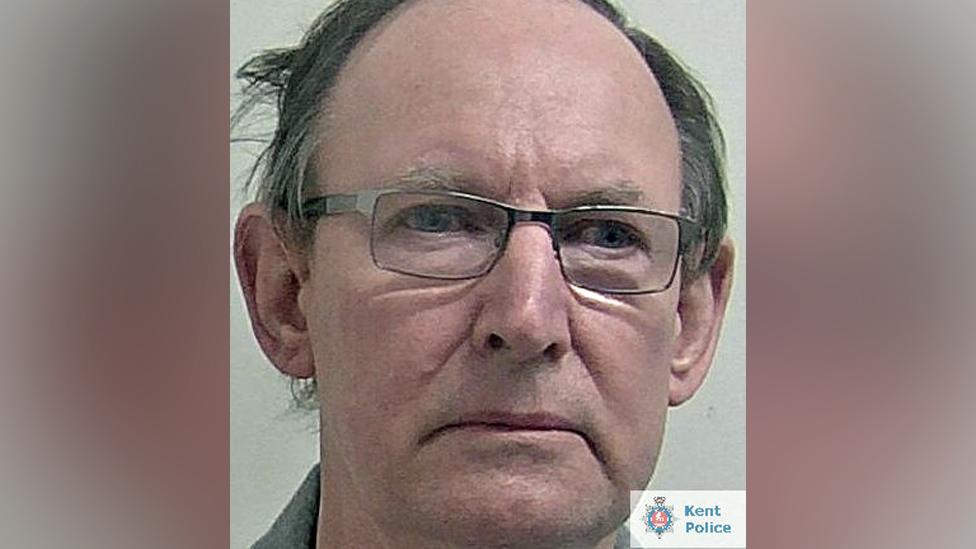Report calls for 'urgent' funeral sector reform
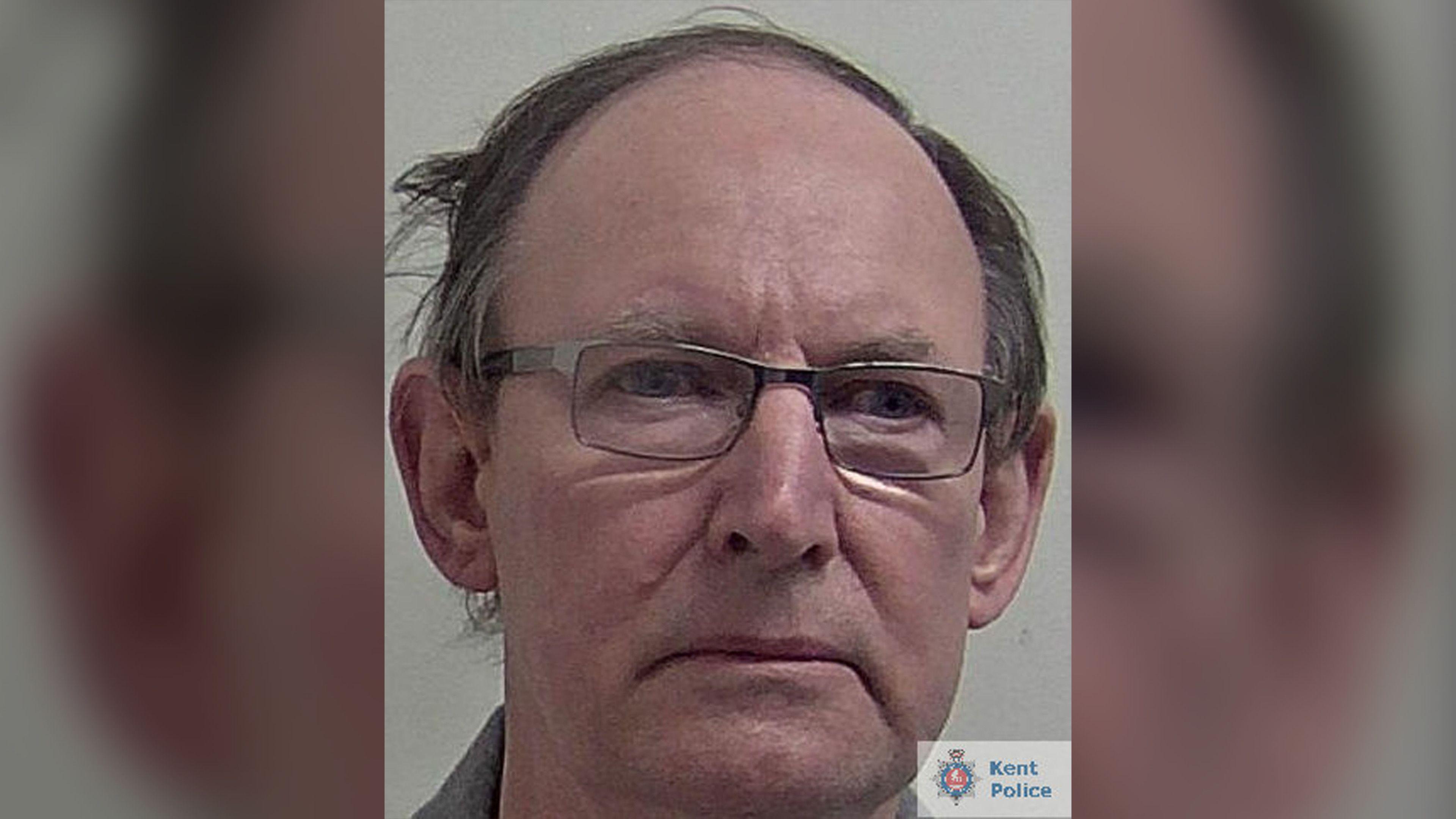
David Fuller filmed himself abusing at least 100 female bodies in two Kent hospital mortuaries
- Published
A report into necrophiliac killer David Fuller's abuse has called for an independent regulator for the funeral sector be created "as a matter of urgency".
Sir Jonathan Michael, chair of the inquiry, said publication of its report had been expedited "in light of the recent distressing reports of neglect in the funeral sector".
Fuller, of Heathfield, East Sussex, was jailed in 2021 after a trial which heard he had filmed himself abusing at least 100 female bodies at two Kent hospital mortuaries over 12 years.
Sir Jonathan said in his interim findings: "The UK government should establish an independent statutory regulatory regime for funeral directors in England as a matter of urgency in order to safeguard the security and dignity of the deceased. "
He said the independent statutory regulatory regime should include "a licensing scheme, mandatory standards against which funeral directors should be inspected regularly, and enforcement powers".
Other recommendations in the report include mandatory information which should be given to families of the deceased by funeral directors, as well as including direct cremation services and emerging models under the regulation.
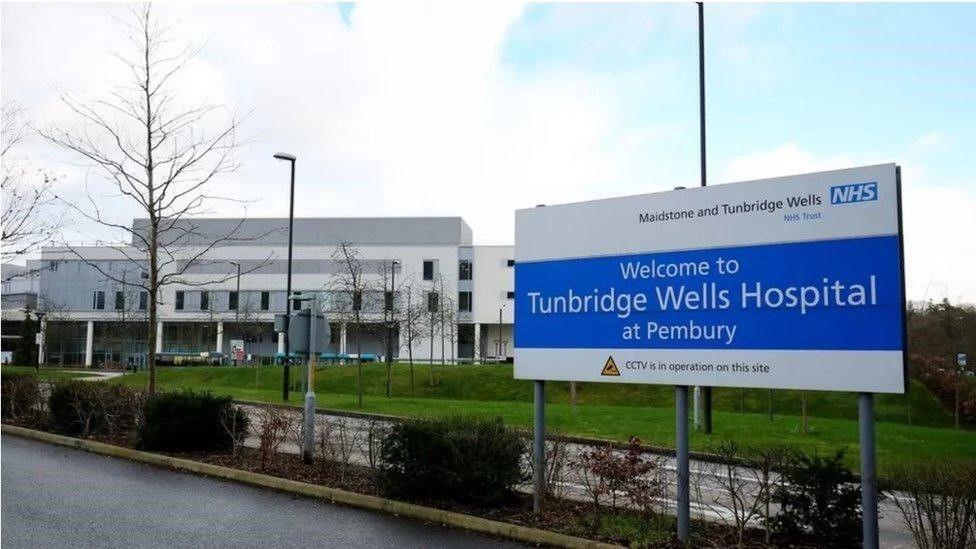
The Tunbridge Wells Hospital at Pembury replaced the now-closed Kent and Sussex Hospital
The publication on Tuesday follows an initial report into the Fuller case, which found that he was able to offend without being caught because of "serious failings" at the hospitals where he worked.
Sir Jonathan said "in most cases" recently deceased people were treated with "kindness, dignity and respect", as their families would expect.
"However, sadly, there are exceptions," he added.
The chair noted how most people would assume funeral and cremation services were regulated, however that was not the case.
He wrote: "We found that anyone can be a funeral director.
"They do not need a licence, experience, qualifications or training, and they can use whatever facilities and equipment they choose.
"In effect, the sector is an unregulated free for all."
The majority of organisations which submitted to the inquiry said they made no changes to their practices following the David Fuller case.
Of the 45% which did, they reported putting CCTV into place or updating locks and keypads.
The inquiry found 81% of funeral directors who responded to the questionnaire "were not aware of any incidents that had compromised the privacy, security and dignity of the deceased".
But the report referenced a number of unverified incidents including instances where the deceased were left to decompose, unattended in unlocked buildings and "left outside on a table".
There was one submission of a funeral director who allegedly sexually assaulted a dead woman in the 1990s.
'Caring'
This first phase of the Inquiry, on matters relating to Maidstone and Tunbridge Wells NHS Trust, concluded in November 2023 with the publication of a report.
The second phase is looking at the broader national picture and will consider if procedures and practices in other hospital and non-hospital settings, where deceased people are kept, safeguard the security and dignity of the deceased.
Sir Jonathan said the funeral directors he had met were "caring and professional".
He said he hoped the report would help the government and the funeral sector take steps and ensure that care in the sector was fit for purpose.
"We need a regulatory regime that will not tolerate any form of abuse or any practices that compromise the security and dignity of the deceased," he added.
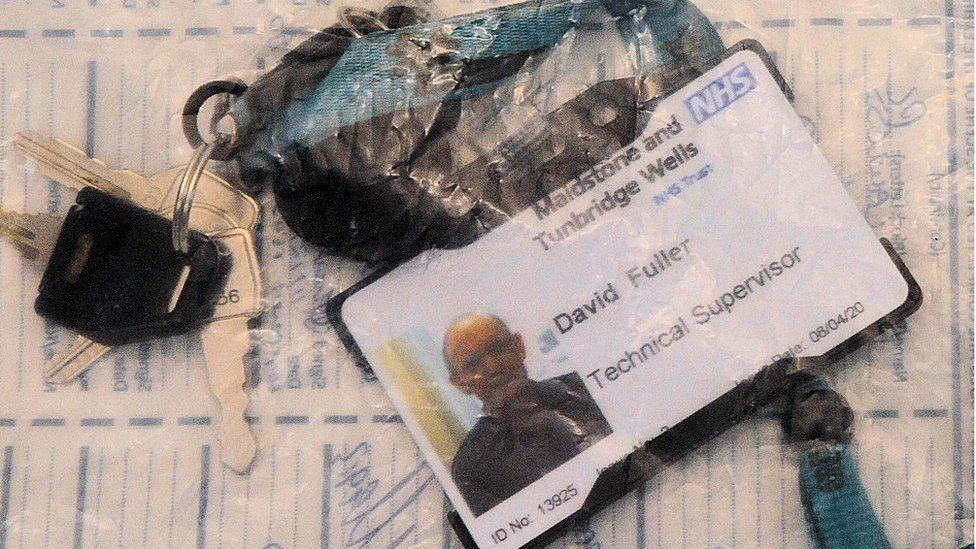
Fuller trial heard how he used the access his swipe card gave him to abuse bodies in the hospital mortuaries
Fuller committed his offences at mortuaries in the now-closed Kent and Sussex Hospital, and its successor, the Tunbridge Wells Hospital at Pembury, between 2007 until his arrest in 2020.
The crimes came to light after he was arrested in connection with the murders of Wendy Knell and Caroline Pierce.
Fuller was given two whole-life sentences in 2021 for the murders in Tunbridge Wells in1987, and was jailed for a total of 16 years for abusing corpses.
Follow BBC Kent on Facebook, external, on X, external, and on Instagram, external. Send your story ideas to southeasttoday@bbc.co.uk, external or WhatsApp us on 08081 002250.
Related topics
- Published23 August 2024
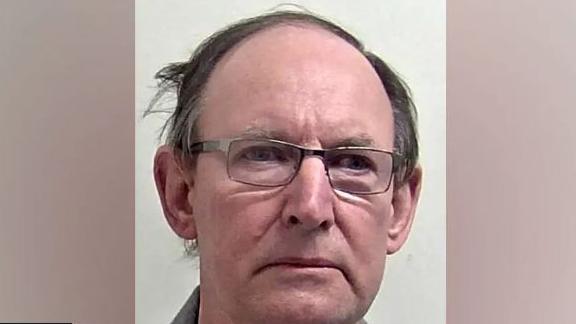
- Published28 November 2023
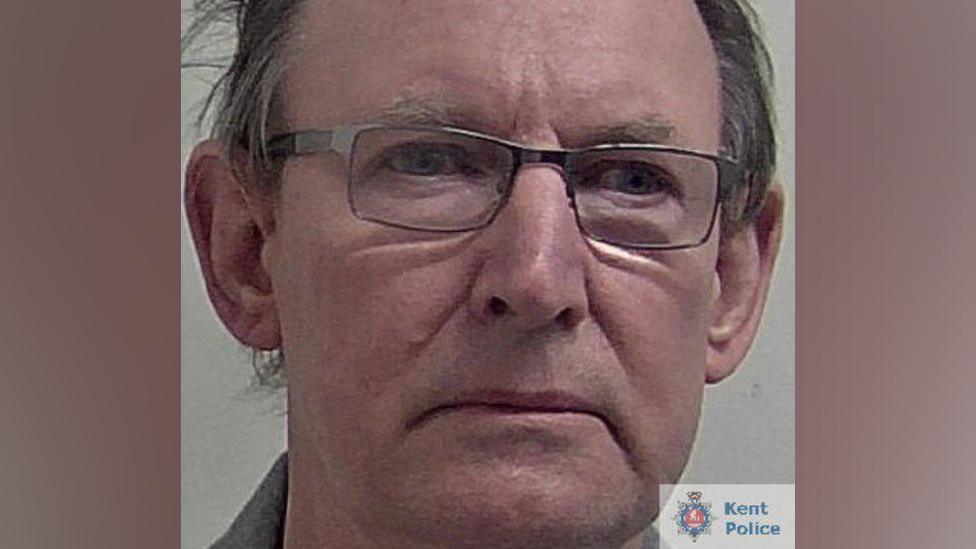
- Published8 November 2021
